GIZ profile
As a service provider in the field of international cooperation for sustainable development and international education work, we are dedicated to shaping a future worth living around the world. GIZ has over 50 years of experience in a wide variety of areas, including economic development and employment promotion, energy and the environment, and peace and security. The diverse expertise of our federal enterprise is in demand around the globe – from the German Government, European Union institutions, the United Nations, the private sector and governments of other countries. We work with businesses, civil society actors and research institutions, fostering successful interaction between development policy and other policy fields and areas of activity. Our main commissioning party is the German Federal Ministry for Economic Cooperation and Development (BMZ).
The commissioning parties and cooperation partners all place their trust in GIZ, and we work with them to generate ideas for political, social and economic change, to develop these into concrete plans and to implement them. Since we are a public-benefit federal enterprise, German and European values are central to our work. Together with our partners in national governments worldwide and cooperation partners from the worlds of business, research and civil society, we work flexibly to deliver effective solutions that offer people better prospects and sustainably improve their living conditions.
The registered offices of GIZ are in Bonn and Eschborn. In 2021, we generated a business volume of around EUR 3.7 billion. Our 24,977 employees, almost 70 per cent of whom are national staff, work in around 120 countries. As a recognised development service provider, we currently have 431 development workers in action in partner countries. Furthermore, in 2021, the Centre for International Migration and Development (CIM), which is run jointly by GIZ and the Federal Employment Agency, placed 177 integrated experts and 466 returning experts with local employers in our partner countries, or provided them with financial support, advice or other services.*
*Personnel and business figures as at 31 December 2021.
2021: 10 YEARS OF GIZ
In 2011, DED, GTZ and InWEnt merged to form a new company – GIZ. We still love change, and actively shape it. Yet, at the same time in our work around the world, we build on stability and on the experience of our predecessor organisations.
GIZ turns 10. That is a good reason for us to look at some of the developments over these 10 years in the Integrated Company Report 2021.
GIZ around the world
GIZ has two registered offices in Germany, one in Bonn and one in Eschborn. The company is also represented at six other locations in Germany as well as over 80 offices around the globe. Some of these are country offices that we share with other German development cooperation organisations and others are our own country offices.
GIZ locations*
GERMANY: Berlin / Bonn / Düsseldorf / Eschborn / Hamburg / Magdeburg / Munich-Feldafing
AFRICA: Abidjan, Côte d’Ivoire / Abuja, Nigeria / Accra, Ghana / Addis Ababa, Ethiopia / Algiers, Algeria / Antananarivo, Madagascar / Bamako, Mali / Cairo, Egypt / Conakry, Guinea / Cotonou, Benin / Dakar, Senegal / Dar es Salaam, Tanzania / Freetown, Sierra Leone / Gaborone, Botswana / Gitega, Burundi / Harare, Zimbabwe / Juba, South Sudan / Kampala, Uganda / Khartoum, Sudan / Kigali, Rwanda / Kinshasa, DR Congo / Lilongwe, Malawi / Lomé, Togo / Lusaka, Zambia / Maputo, Mozambique / Nairobi, Kenya / N’Djamena, Chad / Niamey, Niger / Nouakchott, Mauritania / Ouagadougou, Burkina Faso / Pretoria, South Africa / Rabat, Morocco / Tunis, Tunisia / Windhoek, Namibia / Yaoundé, Cameroon
ASIA: Abu Dhabi, United Arab Emirates / Amman, Jordan / Ankara, Turkey / Baghdad, Iraq / Bangkok, Thailand / Beirut, Lebanon / Beijing, PR China / Bishkek, Kyrgyzstan / Colombo, Sri Lanka / Dhaka, Bangladesh / Dushanbe, Tajikistan / Hanoi, Vietnam / Islamabad, Pakistan / Jakarta, Indonesia / Kabul, Afghanistan / Kathmandu, Nepal / Manila, Philippines / Moscow, Russian Federation / New Delhi, India / Phnom Penh, Cambodia / Ramallah and East Jerusalem, Palestinian territories / Riyadh, Saudi Arabia / Sana’a, Yemen / Tashkent, Uzbekistan / Ulan Bator, Mongolia / Vientiane, the Lao People’s Democratic Republic / Yangon, Myanmar
EUROPE: Baku, Azerbaijan / Belgrade, Serbia / Brussels, Belgium / Chișinău, the Republic of Moldova / Kyiv, Ukraine / Priština, Kosovo / Sarajevo, Bosnia and Herzegovina / Tbilisi, Georgia / Tirana, Albania / Yerevan, Armenia
CENTRAL AMERICA: Guatemala City, Guatemala / Managua, Nicaragua / Mexico City, Mexico / San José, Costa Rica / San Salvador, El Salvador / Santo Domingo, the Dominican Republic / Tegucigalpa, Honduras
SOUTH AMERICA: Bogotá, Colombia / Brasília, Brazil / La Paz, Bolivia / Lima, Peru / Quito, Ecuador / Santiago, Chile
* As at 31 December 2021.
These are GIZ country offices. Overall, GIZ operates in some 120 countries around the world.
Our commissioning parties and cooperation partners
The diversity of our commissioning parties and cooperation partners is also reflected in the Integrated Company Report. The report showcases a range of projects that we have realised in conjunction with our clients, cofinanciers and partners (in alphabetical order), including:
Commissioning parties
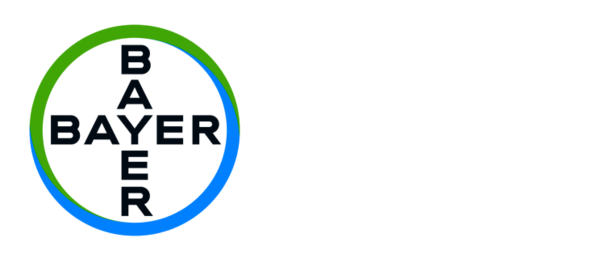
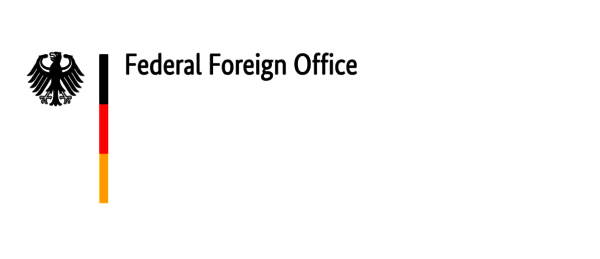
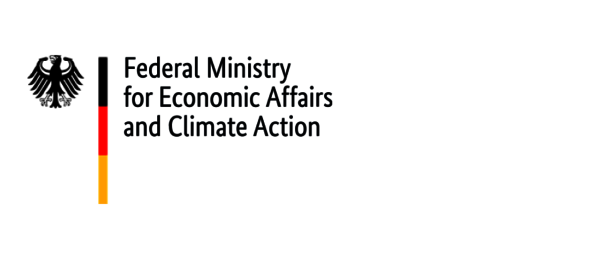
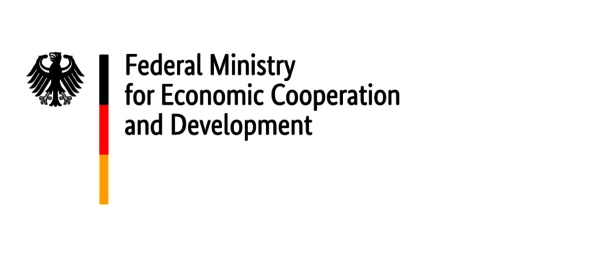
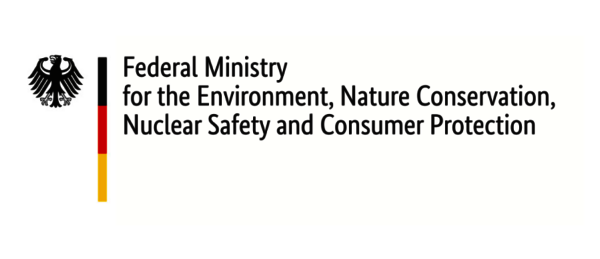
Cofinanciers and cooperation partners
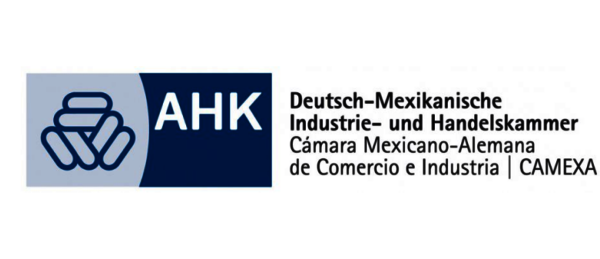
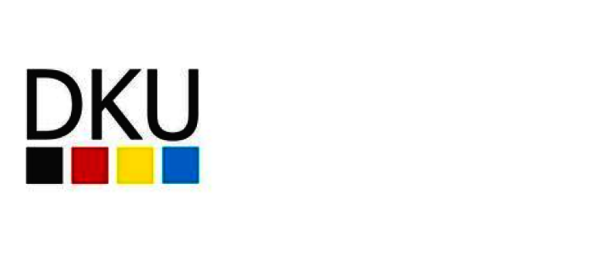
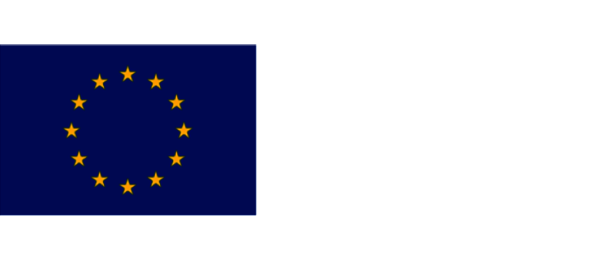
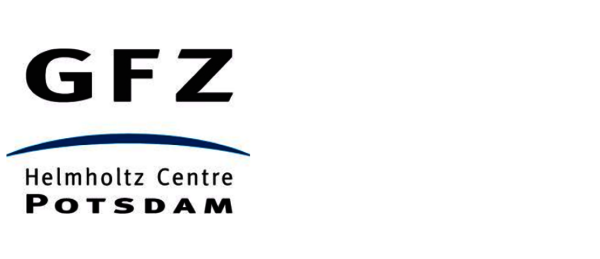
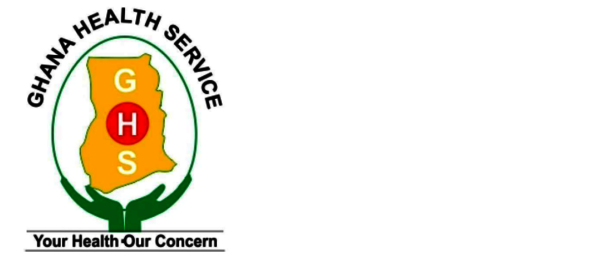
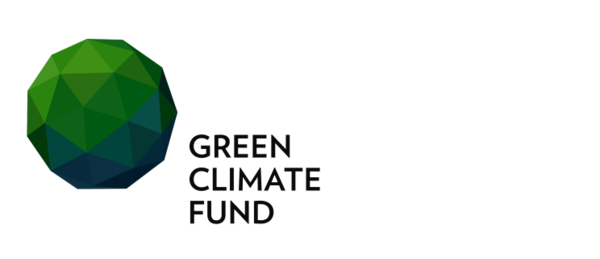
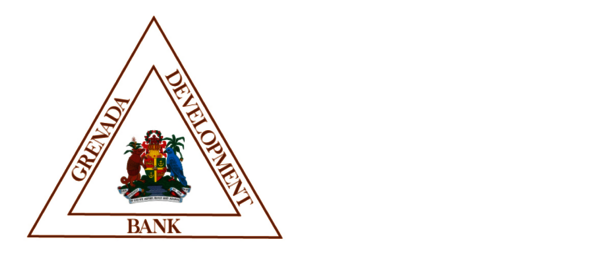
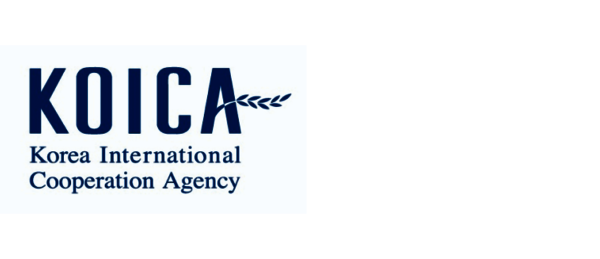
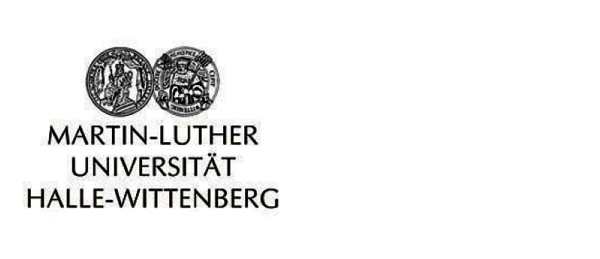
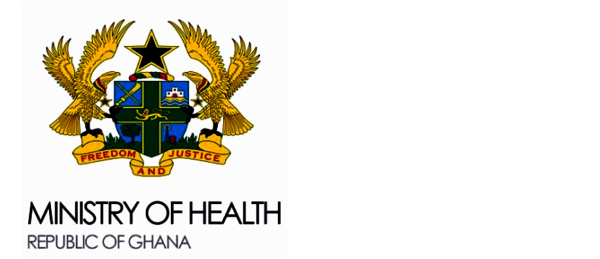
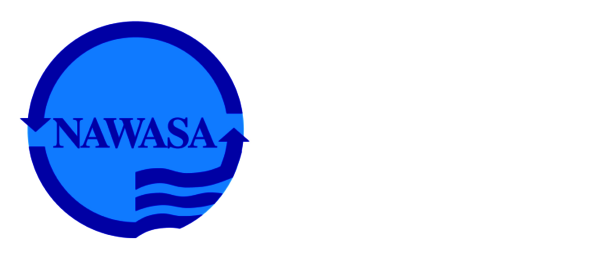
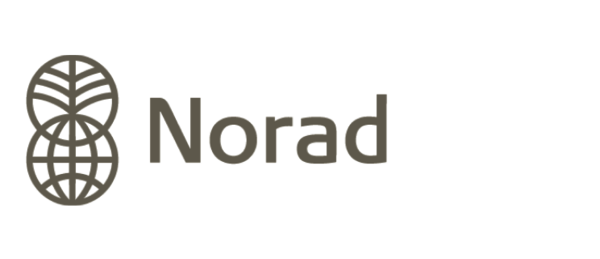
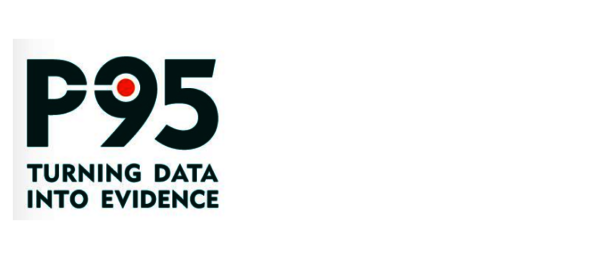
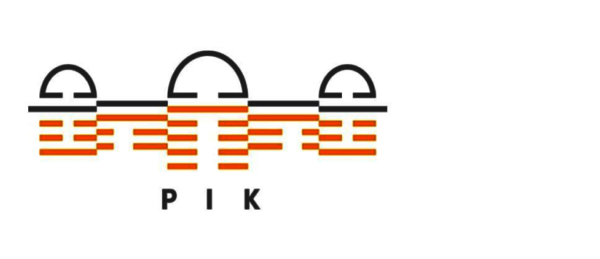
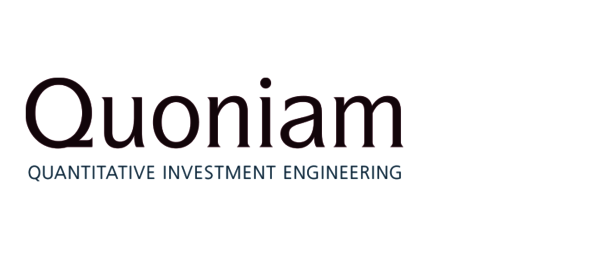
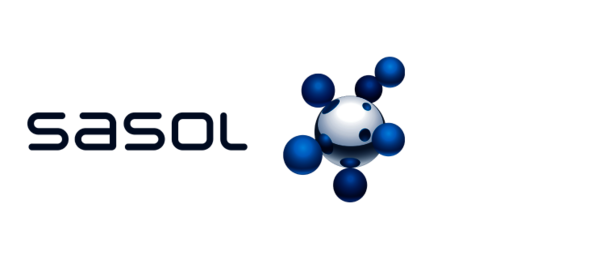
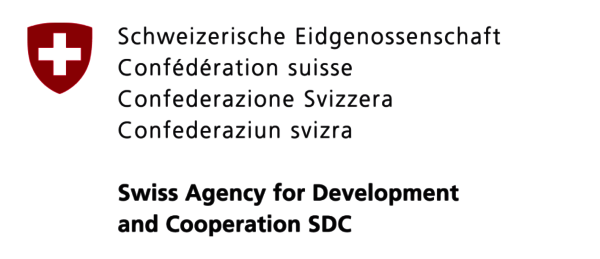
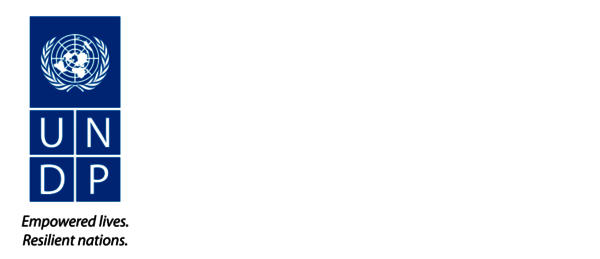
Information on the following sustainability standards can be found on this page:
GRI standard 2-1
